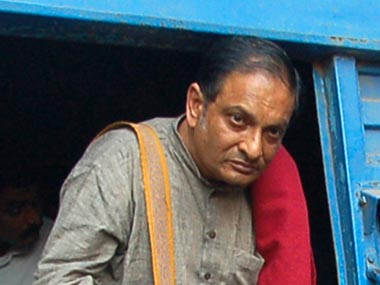Thousands of people across the world would have been elated as Binayak Sen walked out of prison after the Supreme Court granted him bail. I’m talking about the protestors, including the 22 Nobel laureates, who have been fighting for justice for the ‘barefoot’ doctor. [caption id=“attachment_2386” align=“alignleft” width=“380” caption=“Indian doctor Binayak Sen is brought to a court in the central Indian city of Raipur. Reuters.”]  [/caption] The tale of two recent protests is interesting. One, led by Anna Hazare for a Lokpal and the other, to free Binayak Sen. While one was against a deep-rooted malaise in government, the other was for certain rights. Though the action for getting Sen out of prison may seem like a crusade for one man’s liberty, it essentially is a fight for human rights. There were a number of people, ordinary folks as well as civil society activists, who actively participated in both the protests. In fact, the spectrum ranged from tribals living in forests to city-bred intellectuals. Only one major group that not only participated in Anna Hazare’s protest but also funded it substantially was completely absent in the other — the corporate sector. I wonder why human rights should not be a concern for those associated with the sector. Or is it that lending a shoulder to Sen’s fight will indirectly lend credibility to some tribal and development issues that may not exactly be consistent with their corporate interests?
Is it that lending a shoulder to Sen’s fight will indirectly lend credibility to some tribal and development issues that may not exactly be consistent with their corporate interests?
Advertisement
End of Article
Written by Dinesh Narayanan
An associate editor at Forbes India, Dinesh Narayanan sits in the Capital and surveys all that has to do with the government, economy, policy and politics. see more


)
)
)
)
)
)
)
)
)



